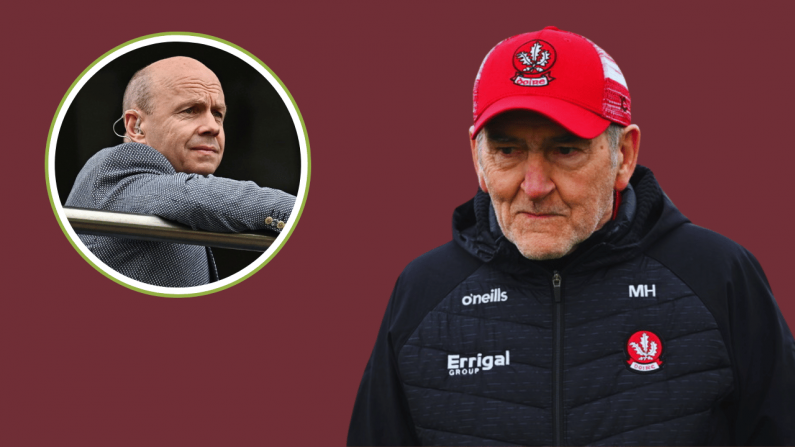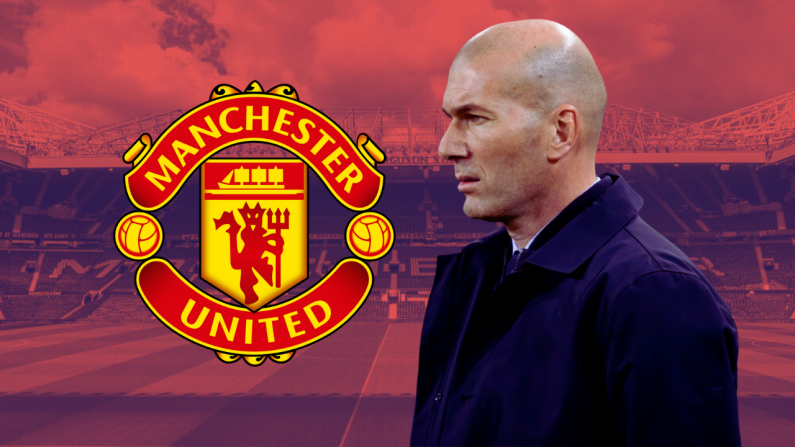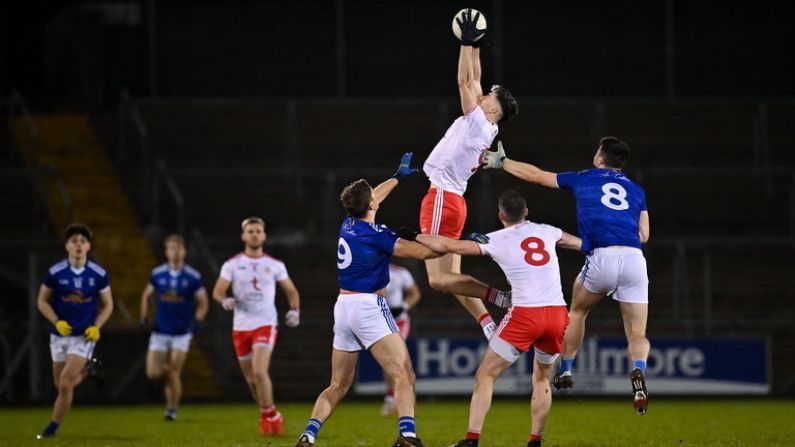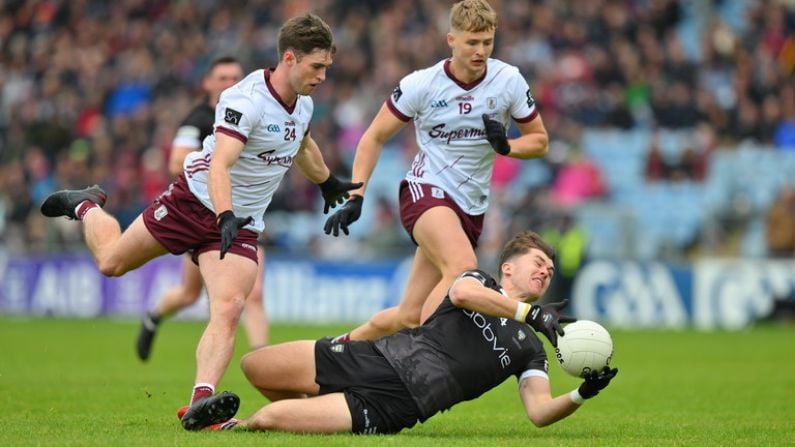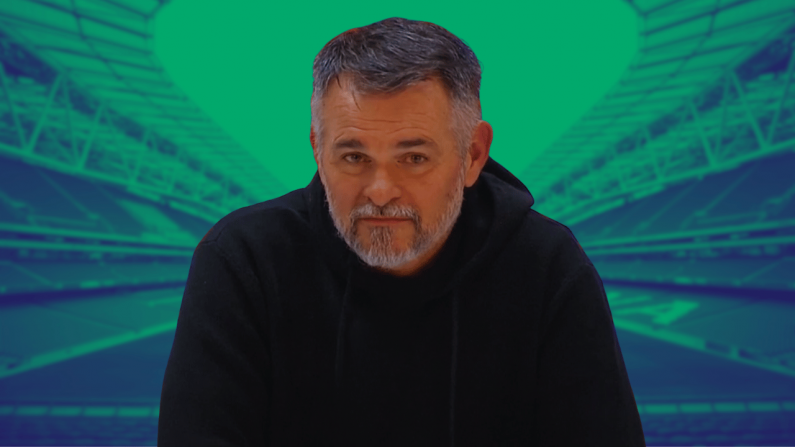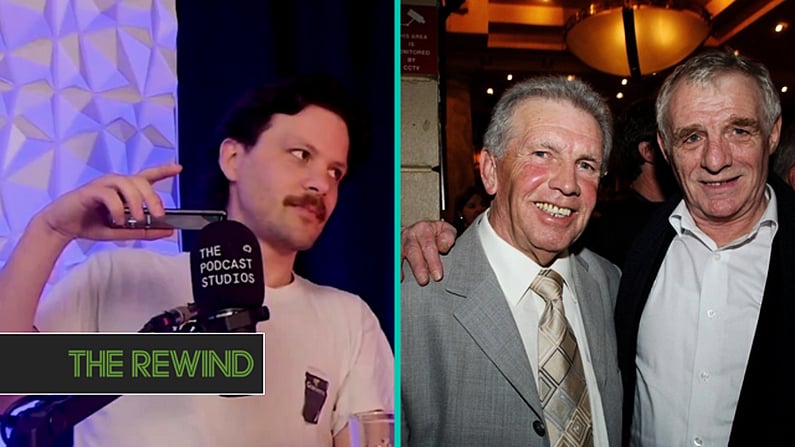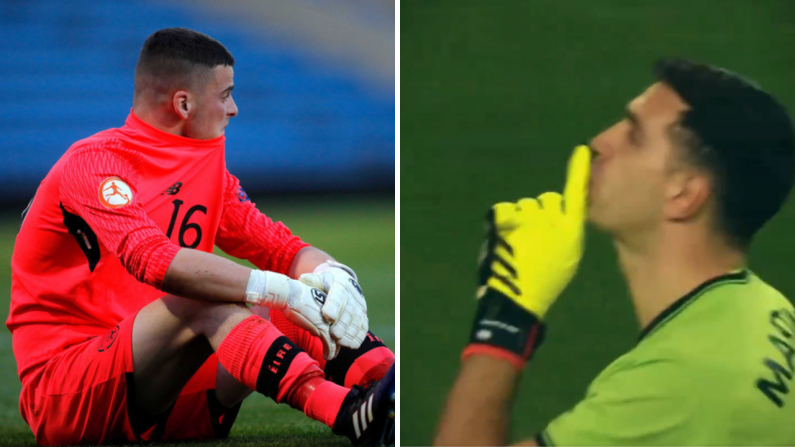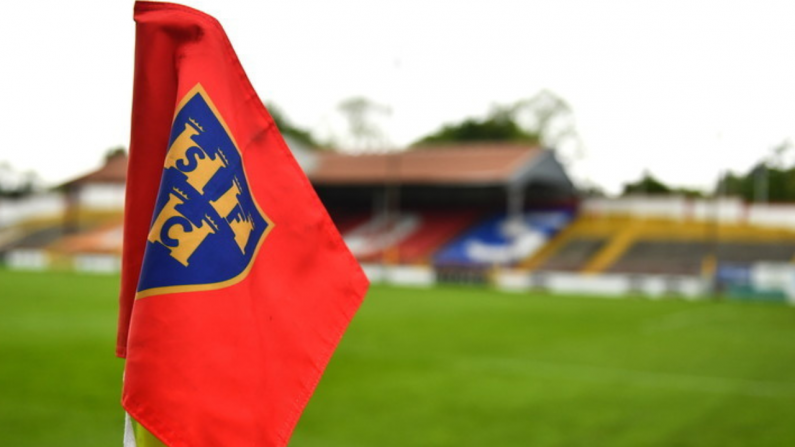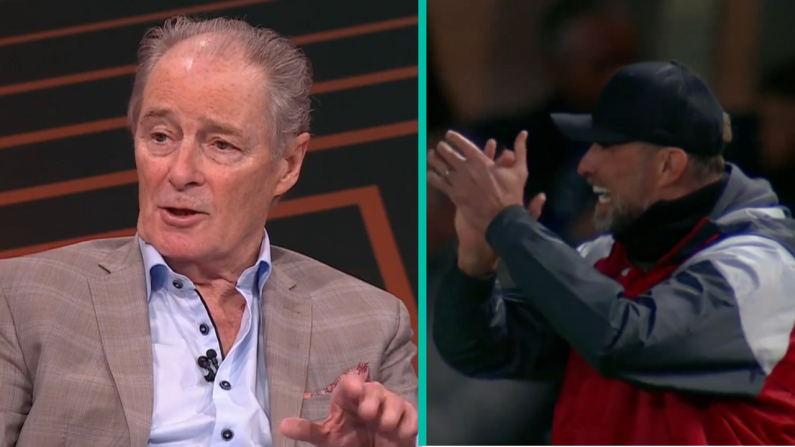You know in football, people are mad. Football makes people mad.
- Sepp Blatter
Recently, Fifa has not wanted for any symbolism.
The disgrace of the organisation has been dramatic: the dawn raids at the Baur Au Lac hotel in Zurich for example, ended in various Executive Committee members shepherded out beneath white sheets, as the governing body's dirty linen was finally to hold sway in public. Everything fitting, bar perhaps the colour.
Elsewhere, Michel Platini's triumphant vision for the European Championships in France were disfigured: he was booed by the crowd as he watched from afar in his home in the South, banned from football.
As for Sepp Blatter, he quietly shuffled off the stage left, having undergone the indignity of being showered with money in a prank by UK comedian, Simon Brodkin.
*****
A new book by author and Guardian journalist David Conn entitled The Fall of the House of FIFA, chronicles the sequence of events that led to these vivid images. It's a very fine piece of reportage, probing to the organisation's dark and festering heart while also taking care to accentuate the good Fifa has done in the world.
And it strikes that same level of balance with Fifa's most compelling figure: Blatter.
"There is a great history of an organisation, of football growth and of football development", Conn tells Balls. "Blatter's first job in 1975 was to head [former Fifa president, Joao] Havalenge's Development Programme. There is a concrete level of development there. I recognise that balance, and I recognise that balance in Blatter himself. He is not the villain he is caricatured as".
Conn had a golden chance to do so: an interview request with Blatter presaged a three-hour lunch in Zurich.
Actually, no [when asked it the interview was difficult to arrange]. They were very amenable to meeting. He [Blatter] proposed a light lunch.
He had already been banned by Fifa by then, and he was protesting his innocence. As it was a book about Fifa, which chronicles things as a book of record about the events, they agreed to do it. When he arrived, we had three hours.
I had only previously seen him at press conferences. He is diminished, and an aged figure. And while he still has that twinkle in his eye, he is a crestfallen figure.
People often ask, 'Oh what's he really like'. He has some qualities. People liked him, and he was popular among the staff. But at the heart of it all was that ambition to be president of FIFA. The Job. The Boss.
There's a warmer human being there than you would think, and one you expect when in that sort of position. He's very human. He doesn't really have a corporate shell around him, he doesn't speak in business jargon.
He is genuinely quite funny. He does impressions of people; he started doing impressions of Jeffrey Webb, crying, and of other Executive Committee members. He has an amazing turn of phrase, almost every phrase is a classic. There's definitely warmth and charm there.
*****
A brief refresher of the Fall of Blatter. He first ascended to Fifa in 1975, serving as Joao Havalenge's right-hand man. Blatter was a marketing and PR man, having previously worked for Longines, a luxury watch company. His securing a huge sponsorship deal with Coca-Cola was the rock upon which he built his Fifa career.
He had initially approached Guinness, but they demurred and instead pointed Blatter to Coca-Cola, who agreed, and helped to fund the GOAL Programme, Havalenge's plan to invest in football in the remoter regions of the world. With such positive work comes the handy corollary of loyalty at voting time.
(We know Blatter places great importance on securing the Coke sponsorship: in the absurd pageantry and propaganda of the Fifa-commission United Passions, in which Tim Roth plays Blatter with the film's paycheque pretty much stamped on Roth's forehead, much is made of the success of this deal).
The GOAL project left a genuinely positive legacy in places, particularly in Africa, countries which would have been left without any football headquarters, and without pitches. In Afghanistan, the programme invested $1.5 million at the height of the war, which helped launch the eight-team Afghan Premier League in 2011/12.
Blatter made ascending Fifa and managing its idiosyncratic policies his life, and in 1998, he succeeded Havalenge as president. There he remained, shaking off the flak of various allegations of bribes and corruption made against the organisation, before his dramatic resignation in 2015. Blatter, to then, was twinkle-eyed and irrepressible, but the shock of the arrests and indicting of many of his Executive Committee colleagues past and present for taking bribes (Jack Warner, Chuck Blazer, and Jeffrey Webb among them) led to a breakdown.
The 2015 Fifa Congress, supposedly another coronation for Blatter and another lap of back-slapping as profits soared to record heights after the Brazil World Cup, ended with the FBI's Loretta Lynch declaring the volume of bribes and kickbacks pocketed by Executive Committee members as resembling the "World Cup of Fraud", money gained through the sale of TV rights for major tournaments and voting for the right to host such tournaments.
Blatter resigned a frail and nearly-crepuscular figure days later. Worse was to come for him: having been cleared of corruption charges, Blatter was banned from football for eight years by Fifa's Ethics Committee in December for a "disloyal payment" of 2 million Swiss Francs to his one-time heir apparent, Michel Platini.
Fifa was Blatter's life, and Conn says he still betrays the whips and scorns of his loss:
He thought that FIFA were going to get the Nobel Peace Prize. He was on the top of the world. People have described it [the Fifa presidency] as one of the top jobs in the world. You have presidents of countries bowing down to you.
He's always had this saying that he wanted to leave by the front door, and not by the back door. In the end he got booted out. And yes, he was very shocked, and bewildered, angry and upset about it.
It's been a dramatic and traumatic fall for him. He said he had a breakdown, and I 100% believe it. He was under tremendous pressure, with global attention on him, and a massive investigation, and he was 79.
Blatter was cleared of corruption charges in what was a forensic and rigorous investigation. He resigned from Fifa believing it needed a radical overhaul, and while maintaining his innocence, admitted that he was not the man to oversee it.
The "disloyal payment" of two million Swiss Francs to Platini related to an oral agreement made between the two men back in 1998, as Blatter sought a towering figure in the world of football to support his campaign to be Fifa president.
The payment was not made until Platini requested it in 2011, at which stage the relationship between both men had soured. Against Blatter's expectations, Platini changed his vote on the host of the 2022 World Cup. Having initially been expected to vote with Blatter for the USA (and bring three critcal Uefa votes with him), he switched to Qatar. Believed to be influential in swaying Platini was a meeting with president Nicolas Sarkozy, who spied the opportunity for a lucrative trade deal with Qatar at a time of domestic financial trouble.
Sarkozy got what he wanted; Blatter did not. The World Cup in the US was Blatter's grand vision for which Fifa could earn the Nobel Prize: a symbolic handover of the tournament between the two great superpowers, Russia and the United States, with Fifa perched in the middle; the apogee of the "handshake for peace".
In Fifa's desperate, rotten culture at the time, which the FBI's James Comey described as one of "corruption and greed...undisclosed and illegal payments", this was enough for the Ethics Committee to excommunicate Blatter and Platini.
Blatter is now fighting his way through the courts, attempting to clear his own name. He still clings to his last vestiges of his former office, however. The venue Blatter chooses for lunch with Conn is significant: it's Fifa's restaurant in Zurich, with Fifa flags fluttering in the hinterland.
Conn reveals he talks constantly about how far he reached from his humble beginnings, an Alpine village so small and remote that the rest of Switzerland would say that "it is behind the moon". Blatter dispenses aphorisms of wisdom and integrity from his youth earnestly and regularly, painting a kind of idyllic, Kinder childhood, the first Act of his own Horatio Alger story:
He frequently talks of how he promised his father he would never take any money that he had not earned.
While the investigations have thus far proved Blatter to be correct on that, there is the persistent question over Blatter's head: Surely he knew what was going on around him?
You could not have had a more forensic investigation of Fifa's accounts. The American authorities, the Swiss investigatiors. And he is confident, having been there since 1975, they won't find any evidence of criminal behaviour about him. Whereas people he sat around the Executive Committee with: Blazer has already pleaded guilty, Webb has pleaded guilty, people are indicted for multi-million dollar corruption. Blatter, so far, there are no charges against him.
That leaves him open to the accusation that he was facilitating this by turning a blind eye, as these people were supporting him to remain the president. I've put that to him directly, and he completely denies it, he says that he didn't see any wrongdoing. Only he knows what was going on in his mind.
He is a very clever man. That IFL statement [in which Blatter was cleared of taking any bribes in the sale of World Cup Rights in 2o15] says that he"wasn't guilty of any wrongdoing, but had been very clumsy", and I said, 'no-one who knows Sepp Blatter would ever say that he has got where he is by being clumsy.
Blatter maintains that the corruption was endemic at confederation level, over which he wielded no direct, daily influence as president.
But he is tainted by his association with this culture at Fifa. It is also fair to say that some of his reforms have been more credible than those of his successor, Gianni Infantino. Blatter gave the Ethics Committee strong, independent powers in the wake of the Russia/Qatar vote in 2010, and appointed credible investigators.
It is also fair to say, however, that some of his reforms have been more credible than those of his successor, Gianni Infantino. Blatter gave the Ethics Committee strong, independent powers in the wake of the Russia/Qatar vote in 2010, and appointed credible investigators. Here's David Conn:
When he appointed Mark Pieth, there was a tendency to think, 'Oh he is just some slick guy who is brought in to do some window dressing'. But when you look at Mark Pieth, he is a very credible anti-corruption campaigner.
Then you look at the recommendations Pieth made - and I know he was disillusioned at the end, but he was mainly disillusioned with UEFA blocking the reforms [on term limits]. I found Domenico Scala very credible, and he did conduct himself independently. You look at the Ethics Committee - 'Oh, a FIFA ethics committee, a contradiction in terms', but they acted independently, and they banned Blatter and Platini.
So, actually, the reforms and structures put in place by Blatter got some very good people, in good faith. So in a way, it was surprising how credible Blatter's reforms were.
Certain decisions by Infantino, meanwhile, having been elected as the reform candidate, do not look so good. He complained that his 1.5 million Swiss Francs salary was "insulting" soon after the election, while he moved to remove two members of the Ethics Committee - Hans-Joachim Eckert and Cornel Borbély - ahead of the Fifa Congress in Bahrain.
They were at the end of their terms, but were given no notice that such a decision would be made. A subsequent report by Conn for the Guardian revealed that Borbély was in the early stages of an ethics investigation into Infantino.
*****
What does the future hold for Sepp Blatter? He will continue to fight to clear his name over the payment to Platini, and while he is much diminished, Conn says he retains that "twinkle in his eye". He is a football fan, and follows results from around the world, privileging Swiss football. He is writing his own book, and is far from bereft: he has a daughter, and does have friends around Zurich.
Conn admits in his interview with Balls that "you would have to be very hard-hearted not to have some sympathy for people who have fallen in that spectacular way". His book is certainly no hagiography, and is a superb work of journalism, out of which none of the major power-brokers in Fifa emerge with credibility.
Blatter is no different in that respect, but it will leave you asking the question: in what way was he different?
Was he motivated by something else?
The Fall of the House of FIFA by David Conn is published by Yellow Jersey Press, and is available now.


